President Trump is being misled into a regime-change war close to home. Few Americans nowadays find much to celebrate in the Iraq War or the intervention that overthrew Libya’s Muammar Gaddafi. Regimes were successfully changed both times, but what came after the dictators’ downfall was civil war, regional instability and mass-migration flows that exported many of those nations’ troubles to their neighbors.
Now the Trump administration wants to do to Venezuela’s despot, Nicolás Maduro, what George W. Bush did to Saddam Hussein and Barack Obama did to Gaddafi. That will predictably do to the Americas – including the US – what the War on Terror did to the Middle East, North Africa and Europe.
Why would Donald Trump make such a mistake? Bush and Obama’s foreign-policy blunders gave the President one of his strongest campaign themes in 2016, and his first term was distinguished by his success at keeping America out of new wars. His use of force abroad has typically been selective – why depart from what’s worked?
If the examples of Bush II and Obama aren’t enough, the Trump administration should consider what happened when Ronald Reagan and Jimmy Carter intervened in places such as El Salvador. The US-backed civil war in El Salvador sent waves of refugees and immigrants northward, including to the US, where some of the new Salvadoran communities formed gangs – notably MS-13.
The tension in the Trump coalition isn’t just between foreign-policy hawks and doves – it’s between hawks and immigration restrictionists. Refugees and mass migration are inevitable consequences of today’s wars. And the Trump administration’s policy does not make sense as a tactic to stop illegal drugs, especially fentanyl, from reaching our border: the chaos and population flows that regime change triggers are a boon to drug networks and human traffickers.
It’s true that Maduro and his predecessor Hugo Chávez have also caused some migration by remaining in power, but the people fleeing because of socialism are often middle-class and freedom-loving; war uproots everyone, especially the poor.
Despite claiming in 2016 that George W. Bush should simply have taken Iraq’s oil, Trump is probably not contemplating an invasion to seize Venezuela’s petroleum resources. He’s conducting a “maximum pressure” campaign to make an example out of Maduro, regardless of whether or not the socialist dictator can be forced out of power.
Trump wants to show that there are rewards for America’s friends and painful punishments for her enemies, and he takes the Western Hemisphere particularly seriously. Maduro’s agony will be a lesson to anyone else in Latin America who thinks of making a foe out of Washington. At least, that’s the theory – but the US has a long history of throwing its weight around in Latin America and only making enemies in the process.
The model Trump should adopt isn’t Reagan’s strategy in Latin America but rather the one that won the Cold War in Europe: stabilizing America’s friends and helping them prosper, thereby heightening the contrast between life under freedom and life under socialism.
Seeing that contrast inspired Europeans to liberate themselves, tearing down the Berlin Wall and replacing communist governments with democratic ones. If Latin Americans want freedom – and they do, as Argentina’s election of Javier Milei indicates – they can achieve it just as Eastern Europeans did.
The examples of those places where the US relied most on force during the Cold War are overwhelmingly negative. Even the great triumph of Reagan-era political warfare in Afghanistan defeated a Soviet puppet only to create conditions that brought the Taliban to power and provided al-Qaeda a haven from which to attack the US. That’s a Pyrrhic victory if ever there was one.
The Trump administration’s interest in toppling Maduro preceded Marco Rubio’s tenure as secretary of state, and sources with ties to the administration say it’s unfair to blame Rubio for the neocon tilt of Venezuela policy. But if there’s a war, it will be Rubio’s at least as much as Trump’s, and if it goes badly, Rubio will get the blame – not least from the President himself.
Rubio has earned a great deal of respect from many in the MAGA movement who once thought of him as a Bush Republican – weak on immigration, neocon in foreign policy. He risks proving his detractors right if he embraces a regime-change program left over from the days of Mike Pompeo.
As for Trump himself, he sees force as another form of leverage in negotiations. He won’t bomb allies in trade talks, but he will use America’s military might to change the way adversaries think. And if he’s not about to start a war with China, he’s fully prepared to demonstrate what he can do on Maduro.
Making an educational point, rather than actually changing the regime in Caracas, may be his objective. But there’s a constituency in the Republican party that wants more than that, and Trump likes to give everyone in his coalition something they have their hearts set on.
In this case, however, he can’t please neocons or hawks without harming immigration restrictionists as well as doves. Obama, Bush II, Reagan and Carter have shown that when America tries to change other regimes, the result is mass migration that changes Europe and the US. Regime change abroad leads to regime change at home, and right now Trump is the regime.
This article was originally published in The Spectator’s November 10, 2025 World edition.



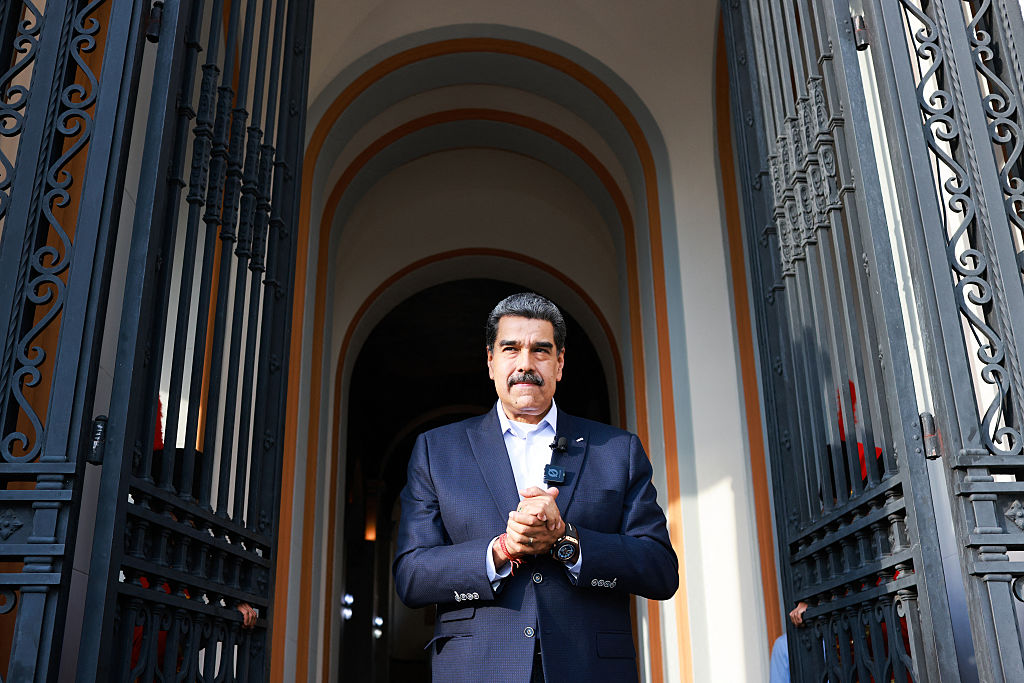






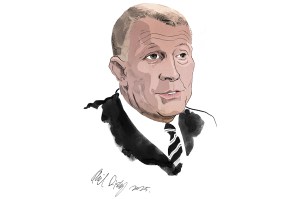

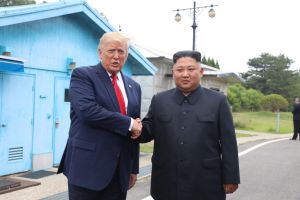
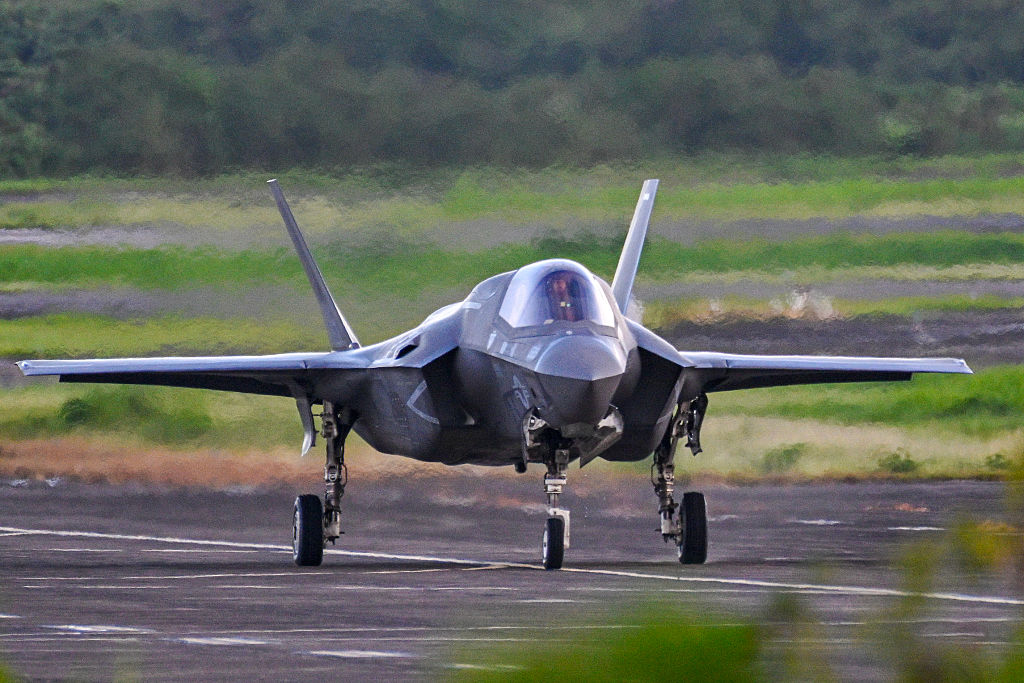
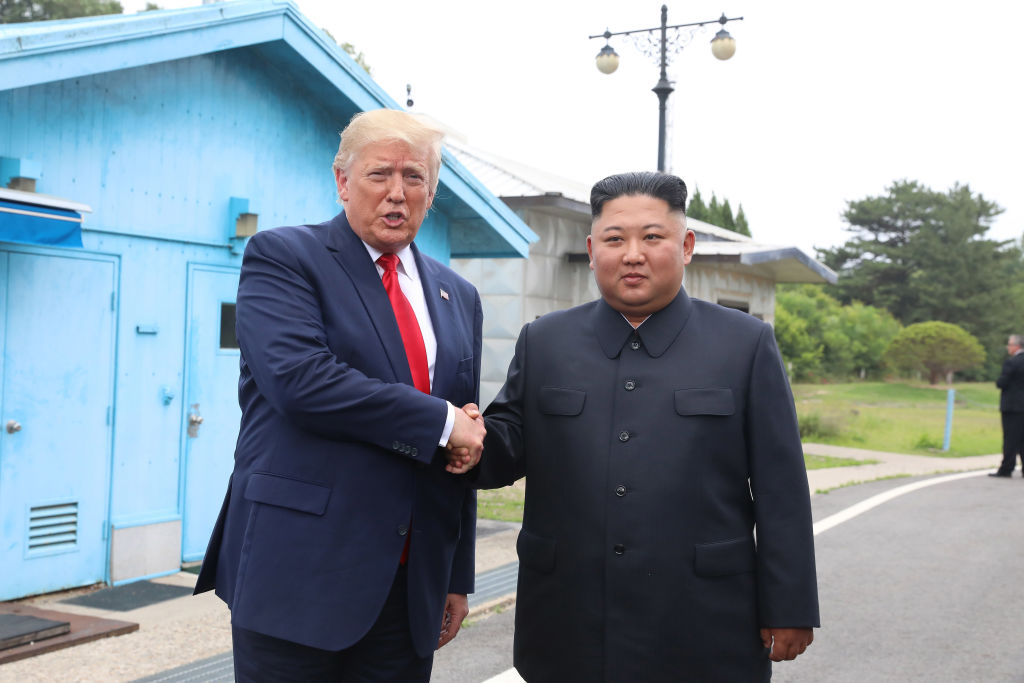
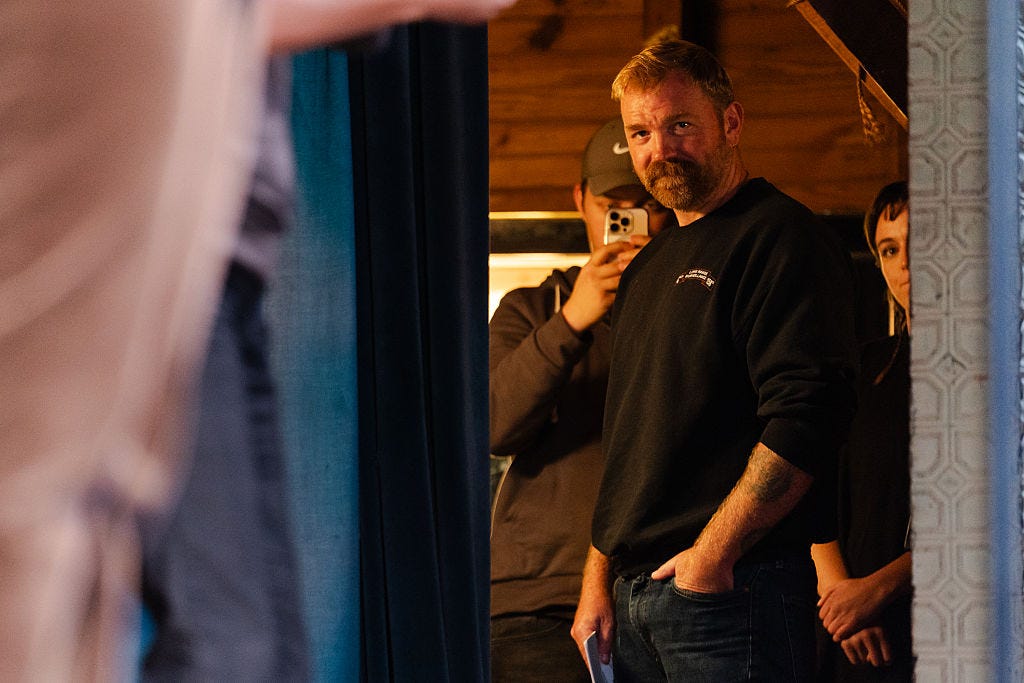
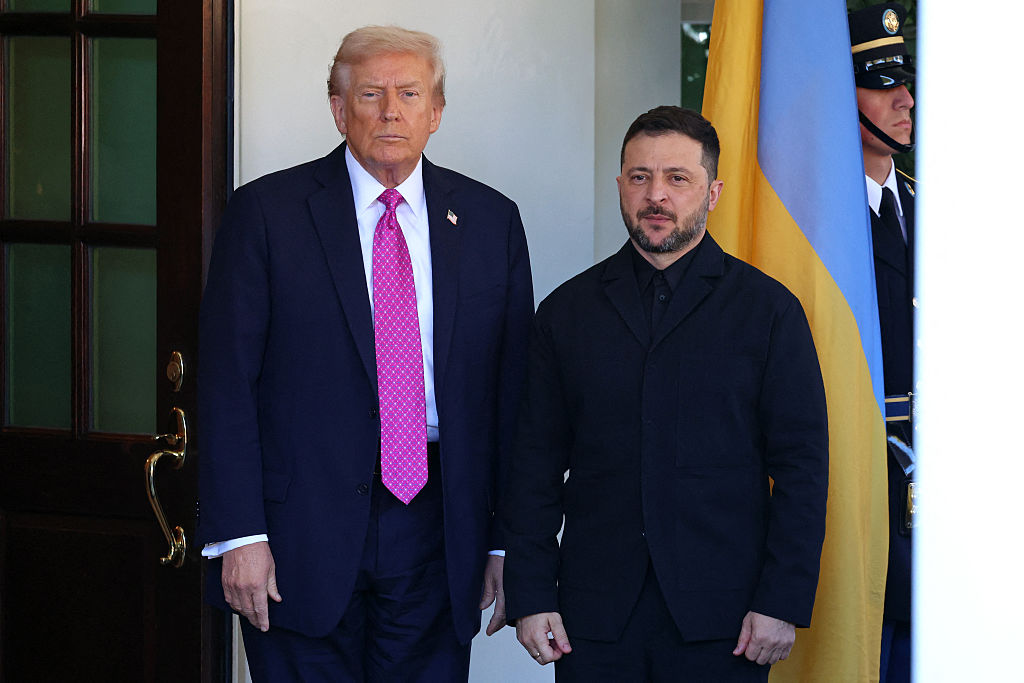
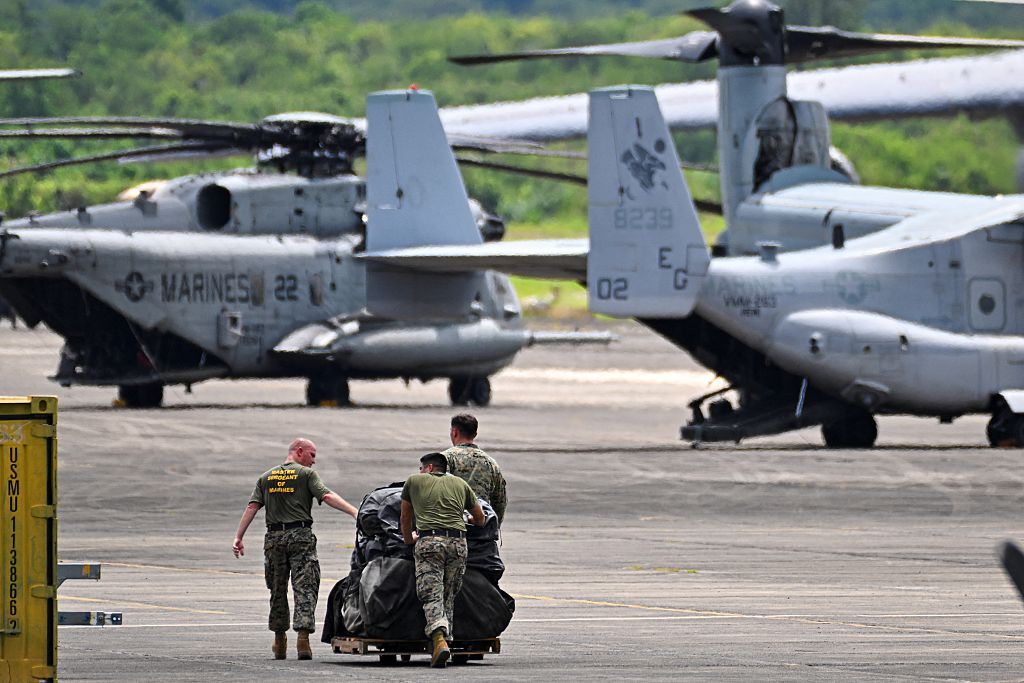
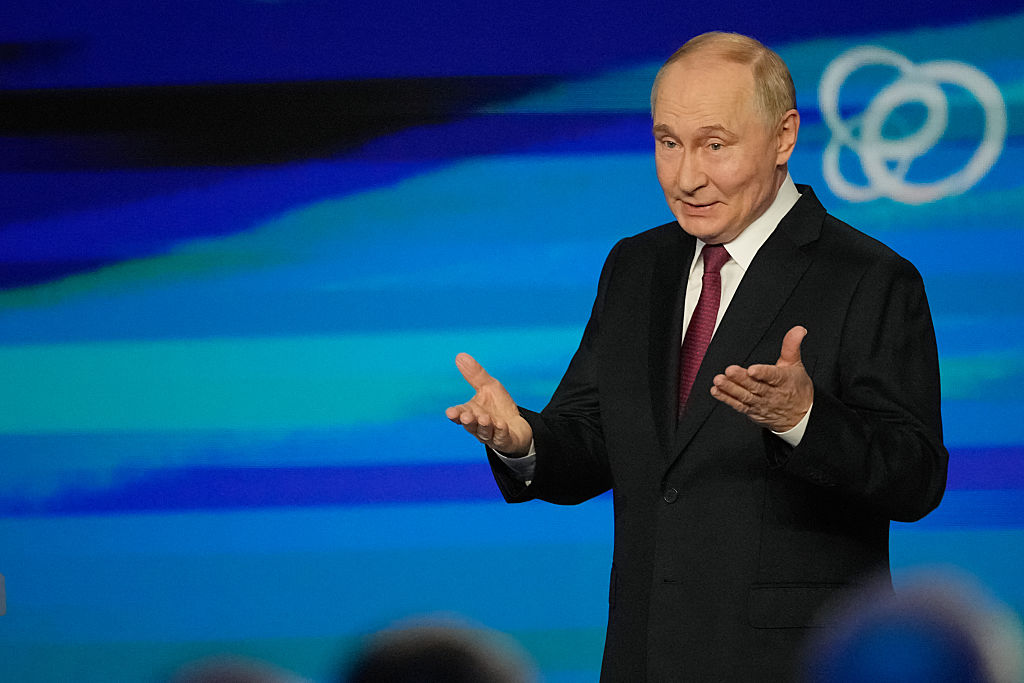







Leave a Reply